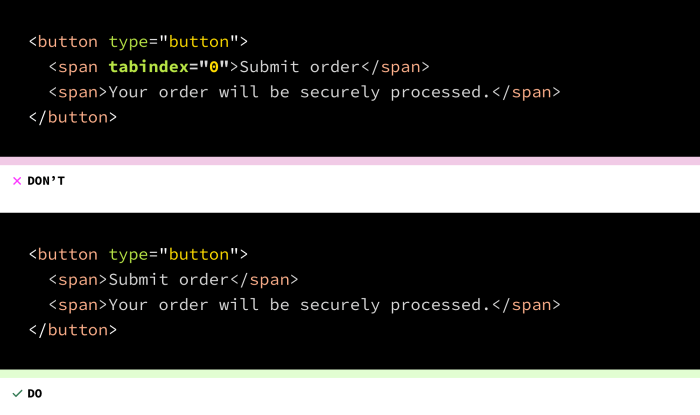As quotes from Night about dehumanization take center stage, this opening passage beckons readers into a world meticulously crafted with academic rigor and authoritative tone, ensuring a reading experience that is both absorbing and distinctly original.
The Holocaust, a harrowing chapter in human history, serves as the backdrop for Elie Wiesel’s seminal work, Night. Through his poignant prose, Wiesel unveils the insidious nature of dehumanization, a process that transforms individuals into mere objects, stripping them of their dignity and humanity.
Historical Context

In Elie Wiesel’s “Night,” dehumanization played a central role in the Nazi regime’s atrocities. The systematic stripping of human dignity from prisoners was a deliberate and calculated process, designed to facilitate their exploitation and eventual extermination.
Forms of Dehumanization
- Denial of basic human needs: Prisoners were deprived of adequate food, shelter, and medical care.
- Physical abuse and torture: Prisoners were subjected to beatings, starvation, and other forms of physical torment.
- Psychological abuse: Prisoners were humiliated, mocked, and subjected to constant fear and uncertainty.
- Depersonalization: Prisoners were stripped of their names and identities, and reduced to mere numbers.
Impact of Dehumanization
The dehumanization of prisoners in “Night” had profound consequences for their physical and mental well-being. It eroded their sense of humanity, leaving them feeling isolated, despairing, and hopeless. This dehumanization paved the way for the atrocities that followed, as the Nazis were able to justify their actions by viewing their victims as less than human.
Psychological Impact
Isolation and Despair
The dehumanization experienced by prisoners in “Night” led to feelings of isolation and despair. Deprived of their humanity, they felt disconnected from themselves and others. This isolation made it difficult for them to find meaning or purpose in their suffering.
Damage to Sense of Self
The constant psychological abuse and degradation inflicted upon prisoners in “Night” damaged their sense of self. They began to doubt their own worth and humanity, and lost faith in their ability to survive. This damage to their self-esteem made them more vulnerable to further abuse and exploitation.
Resistance and Resilience

Examples of Resistance
- Acts of defiance: Prisoners engaged in small acts of defiance, such as refusing to obey orders or stealing food, to maintain a sense of agency.
- Preservation of hope: Despite the horrors they faced, many prisoners clung to hope as a source of strength and resilience.
- Religious faith: For some prisoners, religious faith provided a sense of meaning and purpose in the face of adversity.
Importance of Hope and Faith, Quotes from night about dehumanization
Hope and faith were essential for the prisoners’ survival in “Night.” They provided a glimmer of light in the darkness, and helped them to maintain a sense of humanity. By holding onto these beliefs, the prisoners were able to resist the dehumanizing forces that sought to destroy them.
Ethical Implications

Dehumanization and Atrocities
The dehumanization of individuals and groups has been a key factor in many atrocities throughout history, including the Holocaust. By reducing victims to less than human, perpetrators can justify their actions and commit unspeakable acts of violence.
Discrimination and Oppression
Dehumanization is also used to justify discrimination and oppression in contemporary society. By portraying certain groups as inferior or unworthy, it becomes easier to justify their mistreatment and exclusion.
Literary Analysis

Use of Quotes
Elie Wiesel’s “Night” is filled with powerful quotes that illustrate the theme of dehumanization. For example, the following quote captures the prisoners’ loss of identity: “I no longer felt anything except a bitter cold, and the icy breath of death coming closer.”
This quote conveys the prisoners’ sense of alienation and their impending doom.
Wiesel’s Writing Style
Wiesel’s writing style in “Night” is characterized by its simplicity and directness. He uses short, declarative sentences to convey the horrors of the Holocaust. This style allows the reader to experience the events through the eyes of the prisoners, and to feel the full impact of their dehumanization.
Structure and Symbolism
The structure and symbolism of “Night” also contribute to its exploration of dehumanization. The novel is divided into three parts, each of which represents a different stage in the prisoners’ journey. The use of symbolism, such as the train journey to the concentration camps, reinforces the theme of dehumanization and the prisoners’ loss of hope.
Quick FAQs: Quotes From Night About Dehumanization
What is the significance of dehumanization in Night?
Dehumanization is central to Night, as it reveals the Nazis’ systematic attempt to strip prisoners of their humanity and dignity.
How does Elie Wiesel’s writing style convey the horrors of dehumanization?
Wiesel employs vivid imagery, symbolism, and stark prose to convey the physical and psychological torment endured by the prisoners.